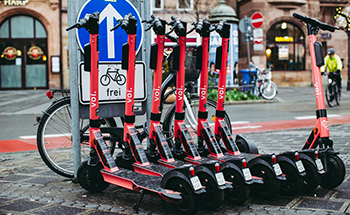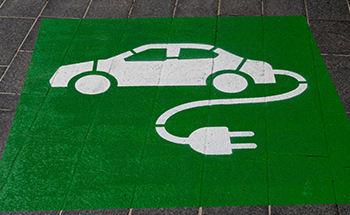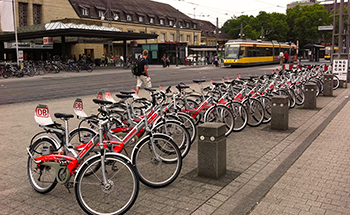Mobility of the Future – Fifth-Mode
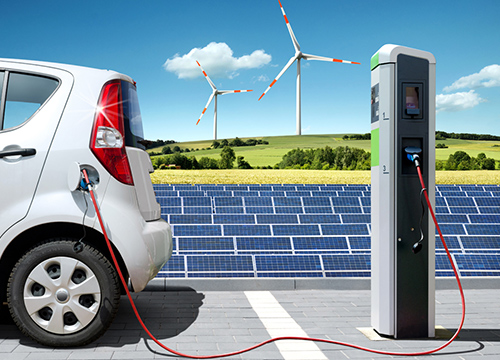
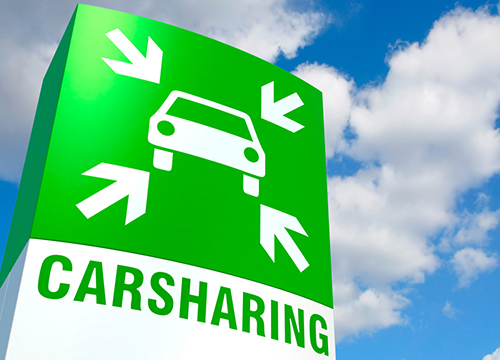
Mobility will change drastically over the next 5 to 15 years. New mobility concepts as part of the sharing economy, electric mobility, self-driving vehicles and the climate mitigation efforts and awareness will be drivers of this mobility transition. Globalized big data, urbanisation and motorisation – or even mobilisation – are forming global mega-trends. With these statements we introduced this website in 2015. Six years later the transition becomes more and more obvious: in 2020 for the first time the share of newly registered cars in Germany reached above 10%. The German climate protection programm 2030 from 2019 introduced CO2-prices also for transport and the National Climate Law (KSG) obliges the transport sector to follow a strict greenhouse gas reduction path until 2030.
Passenger transport is becoming truly multi-modal enabling seamless trip chains using different modes by generations that are both multi-modal and digital natives. The number of multi-modal platforms enabling booking, using and payment as a one-stop-shop is growing. A fast growing number of vehicles is equipped with a broad range of sensors to scan and understand their environment and to communicate between vehicles and also with the infrastructures. Thus, in addition to the conventional modes road, rail, air and water there is emerging a new mode: the so-called fifth-mode or mobility-as-a-service (MaaS).
As part of the fifth-mode cycling and going by foot are playing a greater role for mobility, which is fostered as city planners acknowledge the principle of liveable cities, diversity and mix of urban uses accessible at short distances
M-Five experts have proven their competences in fifth-mode projects and contributed in several studies on elaborating a vision of sustainable mobility in Germany (VIVER) supporting to coin the term of a fifth mode. In two detailed scenarios M-Five has described the transformation to sustainable mobility by 2035 and analysed the growth and jobs impacts of such a transformation as well as the consequences for the automotive industry. We combine sound competences in analyses of mobility behaviour and transport policy with our understanding of strategies of the automotive industry and other mobility industries. Thus we support our clients to develop new business models for the fifth mode mobility.
